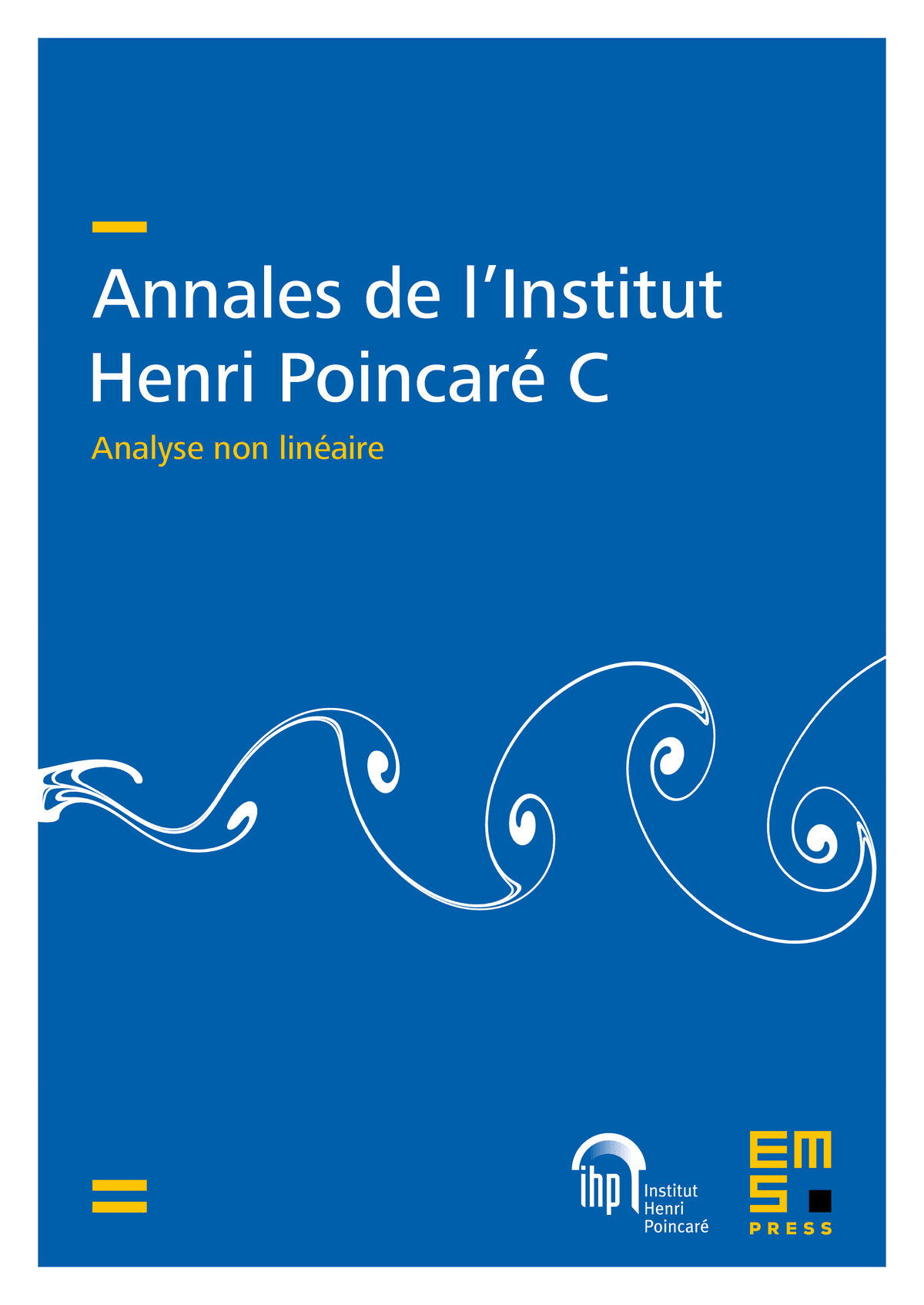Equivariant heat and Schrödinger flows from Euclidean space to complex projective space
James Fennell
Courant Institute of Mathematical Sciences, New York, United States of America

Abstract
We study the equivariant harmonic map heat flow, Schrödinger maps equation, and generalized Landau–Lifshitz equation from to . By means of a careful geometric analysis, we determine a new, highly useful representation of the problem in terms of a PDE for radial functions from to . Using this new representation, we are able to write explicit formulas for the harmonic maps in this context, and prove that they all have infinite energy.We show that the PDEs admit a family of self-similar solutions with smooth profiles; these solutions again have infinite energy, and give an example of regularity breakdown. Then, using a variant of the Hasimoto transformation applied to our new equation for the dynamics, we prove a small-data global well-posedness result when . This is, to the best of our knowledge, the first global well-posedness result for Schrödinger maps when the complex dimension of the target is greater than 1.
In the final section we study a special case of the harmonic map heat flow corresponding to initial data valued in one great circle. We show that the case of this problem is a borderline case for the standard classification theory for PDEs of its type.
Cite this article
James Fennell, Equivariant heat and Schrödinger flows from Euclidean space to complex projective space. Ann. Inst. H. Poincaré Anal. Non Linéaire 40 (2023), no. 2, pp. 339–378
DOI 10.4171/AIHPC/45